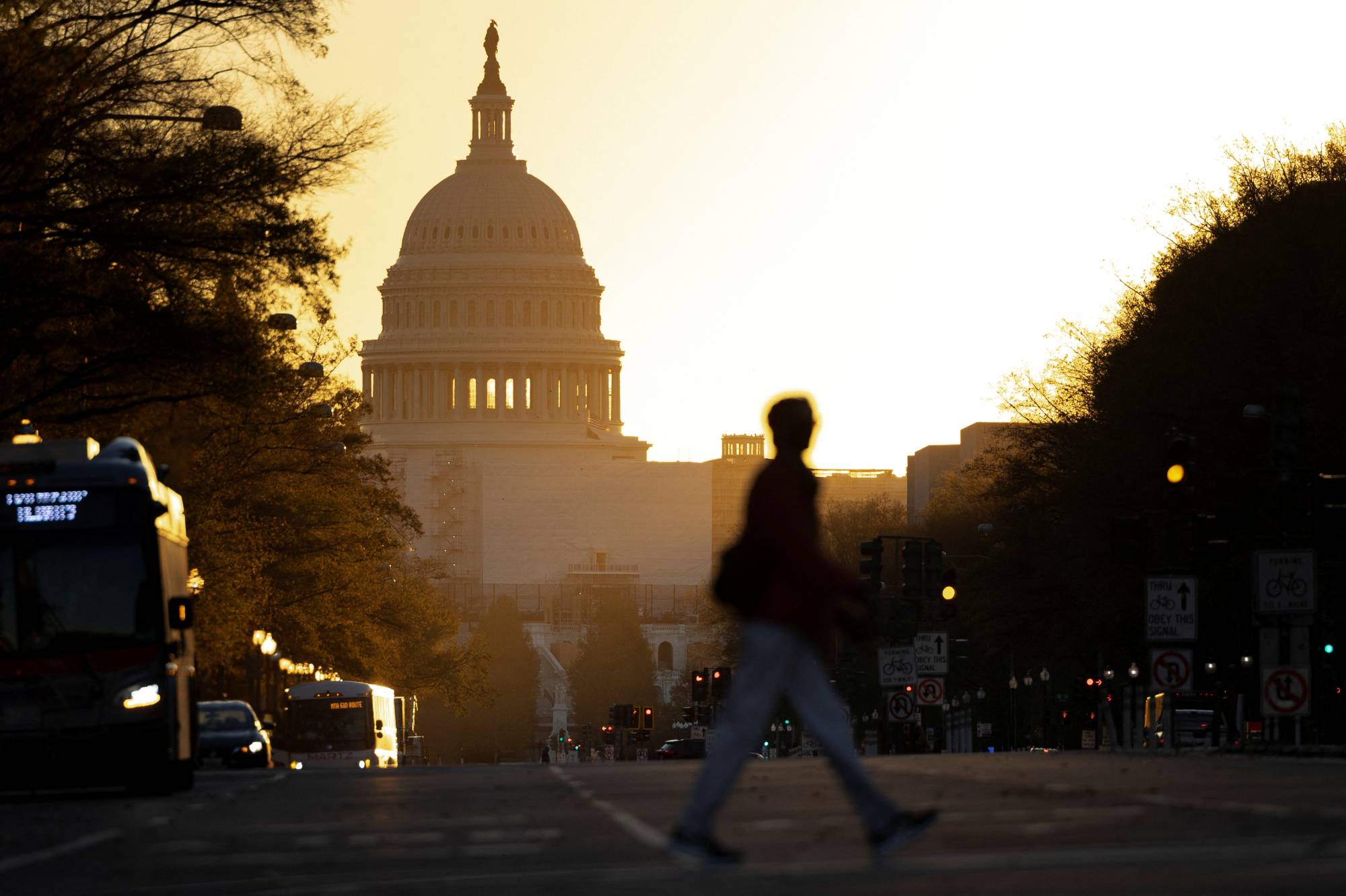Although the balance of power in the U.S. Congress is still up for grabs, the midterm results are unlikely to alter the general direction of Washington’s tough stance toward China.
That said, what’s shaping up to be a Republican-led House of Representatives is likely to ramp up the pressure on U.S. President Joe Biden to double down on the zero-sum China policies that are setting the stage for a geopolitical struggle with significant implications for the Indo-Pacific region.
Either the Republicans or Biden’s Democrats could still secure a Senate majority with wins in both Nevada and Arizona, but control of the chamber may ultimately come down to a runoff next month in Georgia after neither candidate secured a majority of the votes.

















With your current subscription plan you can comment on stories. However, before writing your first comment, please create a display name in the Profile section of your subscriber account page.